Former President Jimmy Carter, the 39th president of the United States, passed away at the age of 100. While his single term in office faced challenges, his enduring legacy will be shaped by his decades of humanitarian work and commitment to global issues.
Carter's character, marked by integrity, resonated with both supporters and adversaries. Historian Douglas Brinkley describes Carter's life as "an amazing American story," highlighting his journey from humble beginnings without electricity to the highest office in the land, and ultimately, a Nobel Peace Prize winner. Brinkley emphasizes Carter's unwavering dedication to improving the lives of those he encountered.
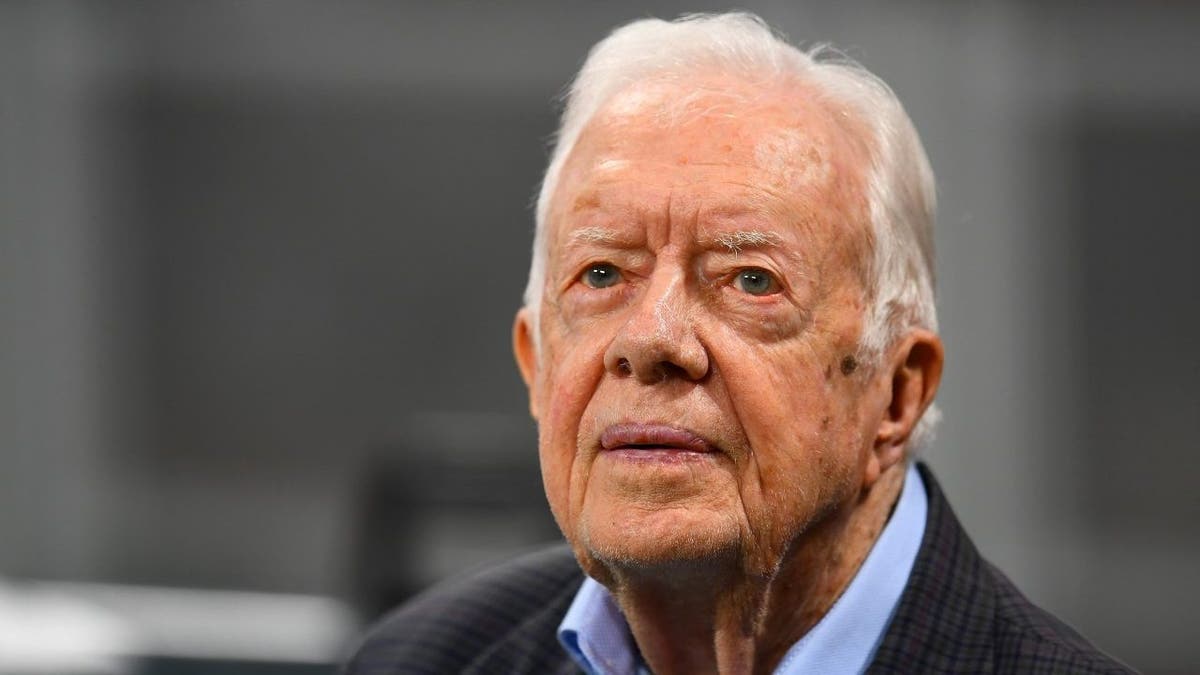
Carter's unexpected rise to the presidency in 1977, after serving as a peanut farmer and one-term Georgia governor, showcased his resilience and determination. Brinkley notes Carter's surprising Democratic nomination, driven by his tenacity and grassroots campaign style.

Carter's deeply religious views and conservative stance on certain social issues distinguished him from his Republican opponent, Gerald Ford. His outsider status and agricultural background resonated with voters in the South. However, his populist approach clashed with established Democrats in Washington, creating political obstacles throughout his presidency.
Despite facing challenges, Carter achieved notable foreign policy successes, including the Camp David Accords, which brought together Egyptian President Anwar Sadat and Israeli Prime Minister Menachem Begin for peace negotiations. Domestically, he partially deregulated key industries, established the Departments of Education and Energy, and created FEMA. He also expanded national parks, appointed a record number of women and minorities to federal positions, furthered relations with China, and promoted democracy in Latin America.
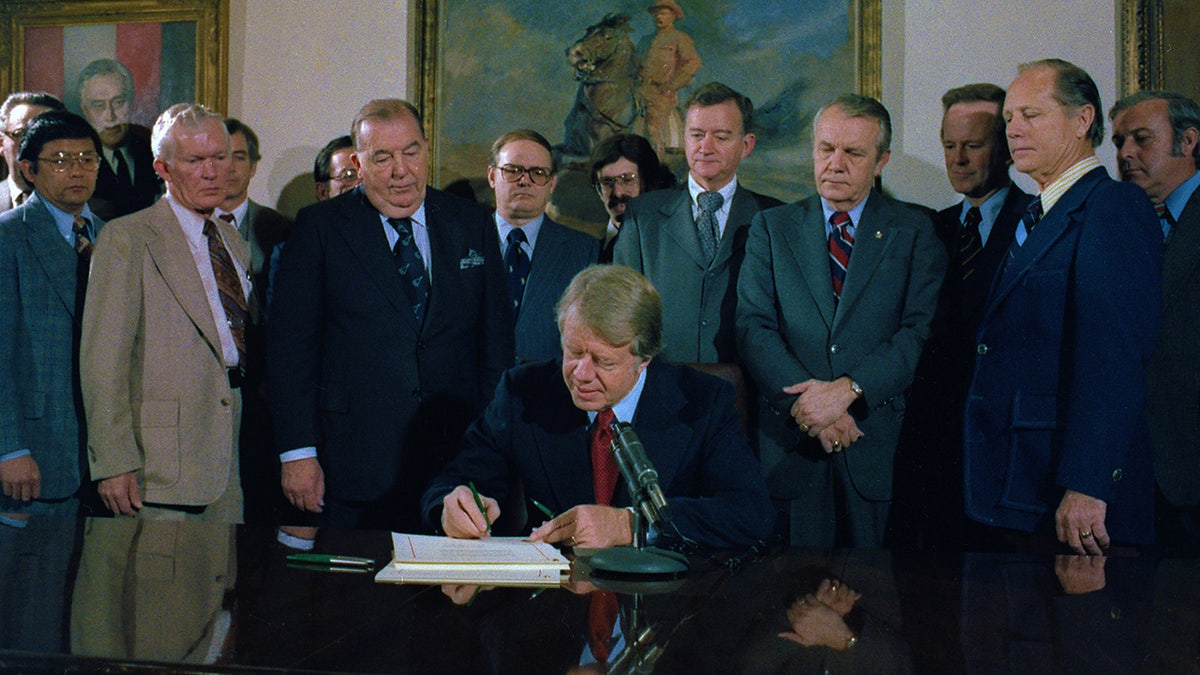
However, Carter's presidency was also marked by economic struggles, including high inflation and the Iran hostage crisis. The failed hostage rescue attempt in 1980 contributed to his significant electoral defeat against Ronald Reagan.
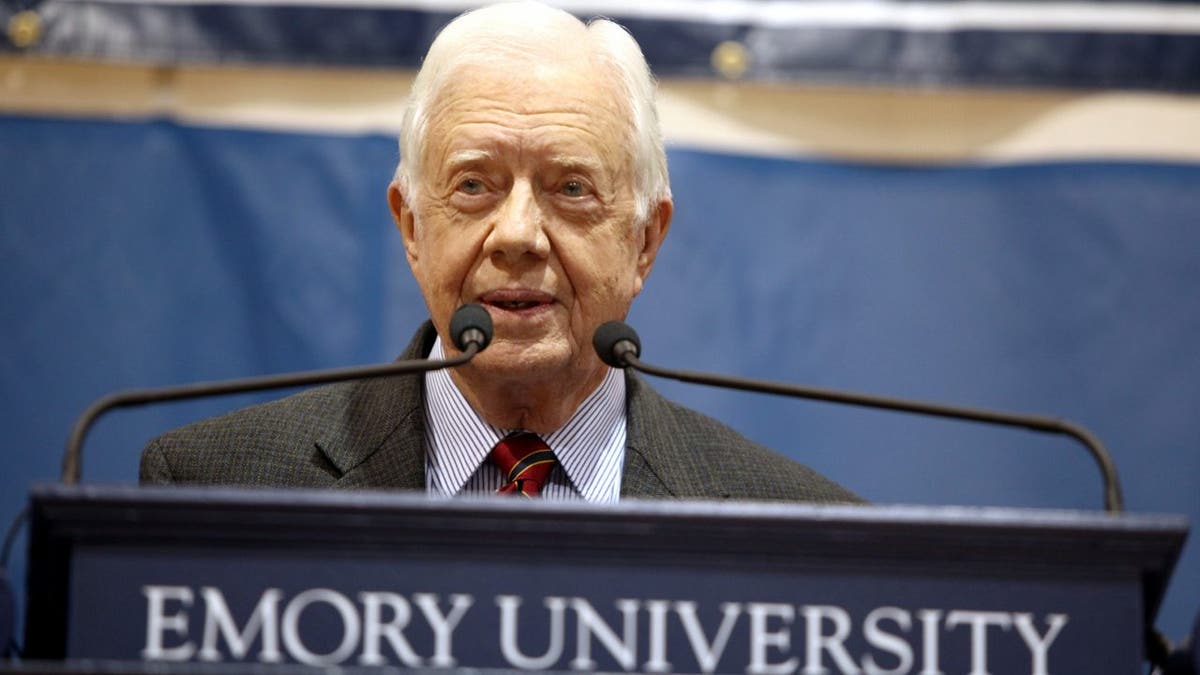
Carter's "Crisis of Confidence" speech in 1979, while highlighting societal concerns about materialism and consumerism, was viewed by some as overly pessimistic. Historian Craig Shirley recalls the speech as a concerning moment, suggesting that while presidents should be truthful, they should also inspire hope and aspirations.
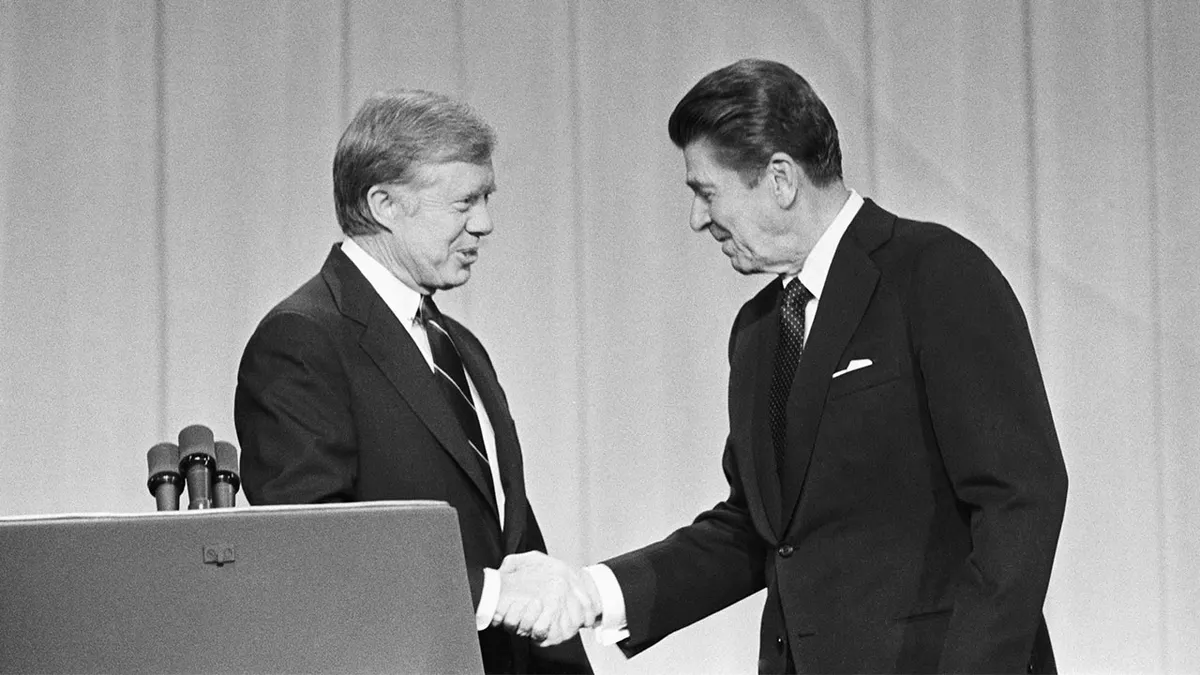
Following his presidency, Carter dedicated himself to humanitarian efforts through The Carter Center, which he founded with his wife, Rosalynn. The Center's work in election monitoring, public health initiatives (notably combating Guinea worm disease), and human rights advocacy earned Carter the Nobel Peace Prize in 2002. Historian Shirley praises Carter's post-presidency work, considering him "one of the best ex-presidents of the 20th century."
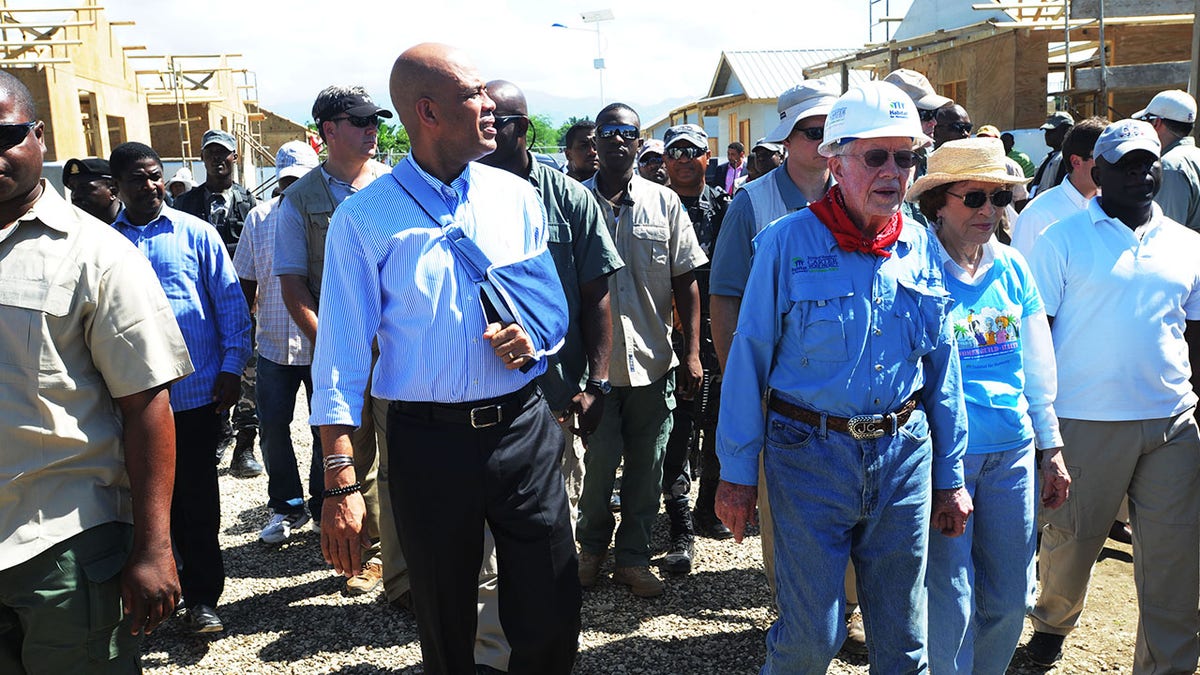
Carter's dedication to humanitarianism and his significant contributions through The Carter Center solidified his legacy as a compassionate and impactful figure beyond his time in office.
Comments(0)
Top Comments